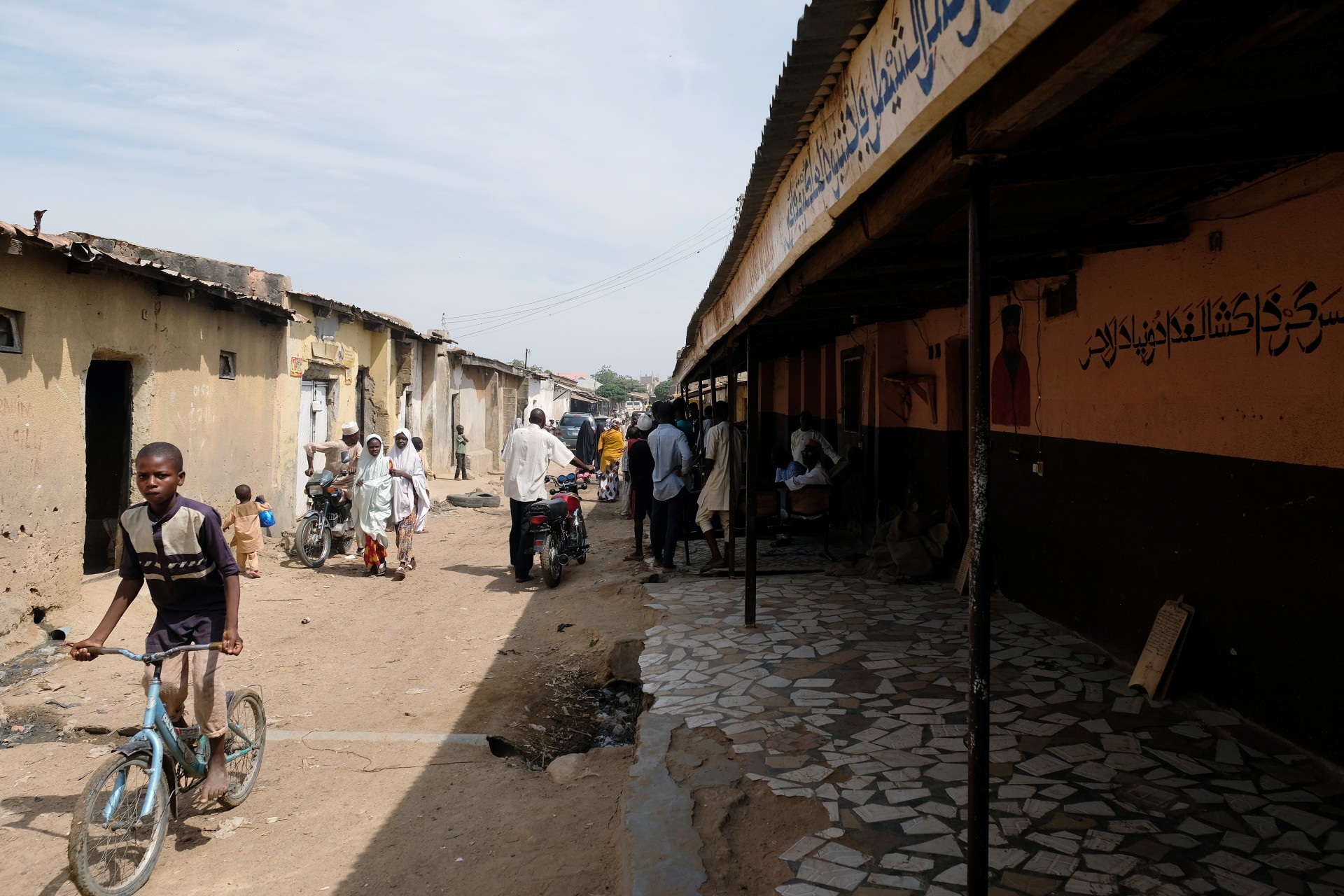Bandit and Jihadi Attacks Span Northern Nigeria

By experts and staff
- Published
By
- John CampbellRalph Bunche Senior Fellow for Africa Policy Studies
- Jack McCaslinResearch Associate, Africa Policy
On June 10, an estimated one hundred fifty bandits killed fifteen-seven people across six villages in Katsina state. Thirty-three of the victims were from the village of Kadisau and, according to a resident, they rustled two hundred head of cattle and looted every shop there in an operation that lasted some five hours. A similar but deadlier operation occurred on June 9 in Borno state. The locations of the attacks in Borno and Katsina are around 450 miles apart.
The two assaults were only a day apart and of similar magnitude. They are examples of different aspects of insecurity in northern Nigeria. In the case of Borno, some victims believed the attack was a reprisal against local vigilante groups, and seemed to know the attackers. In the Katsina episode, reporting makes no reference to the existence of vigilante groups, and locals have referred to the attacks as “bandits.” In both areas, banditry and cattle rustling are common.
Large-scale banditry is on the rise throughout Nigeria, particularly in the northwest. In Niger and in other parts of West Africa, the line between “jihadis” and criminal networks can be very thin. Indeed, jihadi groups have financed their operations by kidnapping for ransom, cattle rustling, and human and narcotics trafficking, among other criminal activities. That might be the case in Borno. Within the past week, military spokesmen have claimed success in operations against “bandits” and “jihadis.” According to media, the government has also engaged in talks with certain groups, but without apparent success.
In any event, the bottom line is that security everywhere in Nigeria, particularly across the north, appears to be rapidly deteriorating, resulting popular discontent. Youth activists in Katsina, in response to the spate of attacks across the state, cancelled a Democracy Day celebration for June 12 and will replaced it with an online protest. They and others publicly implored the government to do something about the attacks. Some Nigerians complain that the federal government is paying too much attention to COVID-19 and not enough to banditry, which, they say, is killing many more people than the disease.